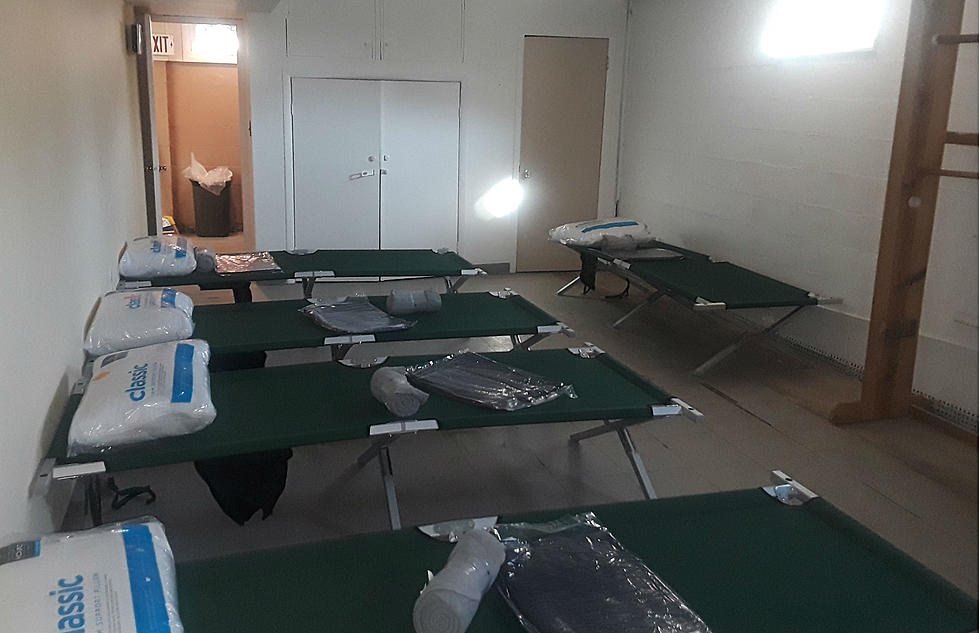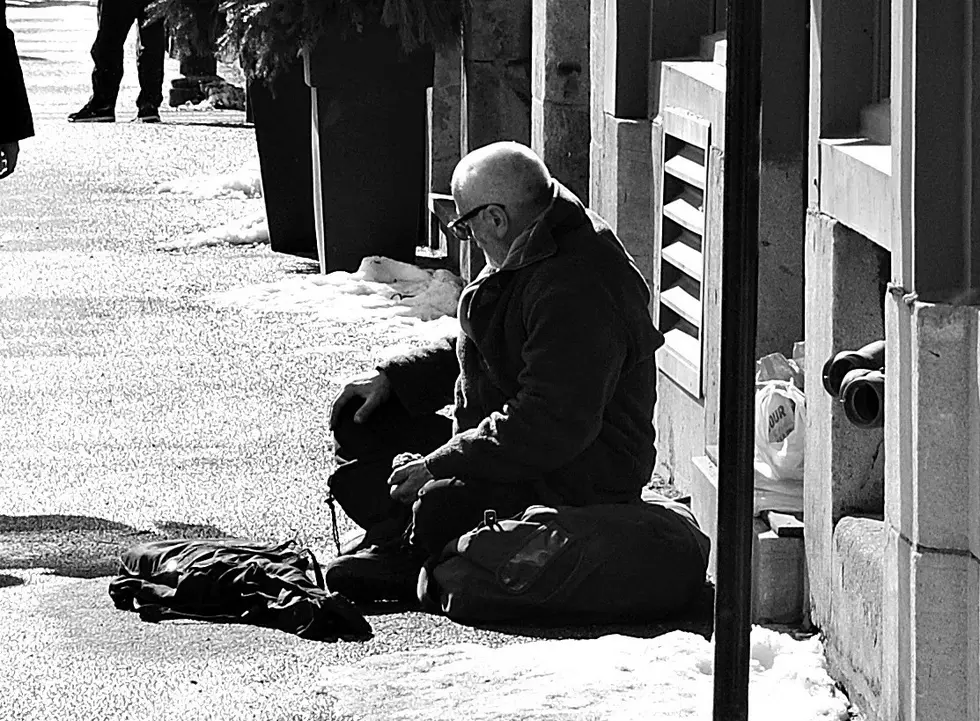
Former Tent City Homeless Facing Eviction Again After Year of Free Housing
Eviction notices are going out to some of the former Tent City homeless residents who were provided with one-year of free housing rent by Lakewood Township when the encampment was shut-down in June, 2014.
Steven Brigham, Minister at Lakewood Outreach Ministry Church, who has been leading efforts to help the homeless, was in “Eviction Court” in Toms River Monday with four individuals who received notices they had to vacate their temporary apartments within ten days.
“They got a ten day extension on their apartment, but in ten days, it looks like they’re going to be evicted,” said Brigham about the decision determined through mediation, not a judge, adding there is no guarantee there will be another extension.
Roughly 60 people housed with money from Lakewood will be facing evictions within the next four to five months, according to Brigham.
Another issue Brigham pointed out is that homeless residents who missed a census count deadline to be eligible for the one-year of free housing, while Tent City was still open, are struggling to make ends meet.
“They’re trying to hold their own, working day labor work in Lakewood, and living in boarding homes,” he said.
Brigham said people need housing. “It’s a basic human need, a basic human right.” Those who don’t have a place to live have resorted back to living in the wood again, according to Brigham, who would not specify the location, accept to reveal it is in a location near the Lakewood border.
During the shut-down of Tent City, the Lakewood Township Committee approved an anti-squatting law about a year-and-a-half ago that Brigham referred to as an “anti-homeless law.”
“One homeless person has been arrested six times in Lakewood for being homeless and he’s facing probably a year in jail for being homeless,” claimed Brigham.
Attorney Michael M. DiCicco, a partner with Bathgate, Wegener and Wolf in Lakewood, the law firm that represented the Township with respect to the litigation involving Tent City, clarified the anti-squatting law, which he said is common in many towns.
“The law is an ordinance that provides that people are not able to seize or to live on property owned by Lakewood Township. There are certain hours on which they can be there similar to a park, which controls hours of operation,” said DiCicco. He added, “It doesn’t allow for someone to make the property their residence.”
DiCicco said there was nothing in the consent order reached between Lakewood and the homeless providing for a long-term solution after the one-year of housing ended.
“I believe everyone expected during that year the homeless residents who were fortunate enough to get a year of free housing would begin steps to figure out how they could get their life back on track,” he said.
Brigham said it takes three minimum wage jobs to afford the basic necessities of life. He claimed The Ocean County Board of Social Services is turning many people away due to strict criteria.
“If you make any income that puts you over what you would make at $7/hour at a job, they won’t help you, and it takes about $20/hour for an individual to supply for their basic needs in this area,” said Brigham.
Meredith Sheehan, Assistant Administrative Supervisor of Social Work at the Ocean County Board of Social Services, said the Board offers many services including housing, general assistance, temporary housing assistance, the SNAP food stamp program, and Medicaid.
“Somebody could be coming in for many different services and there’s different eligibility for each of those,” Sheehan said, adding the Board has three offices in Lakewood, Toms River, and Manahawkin that are open Monday through Friday, 8:30 am to 4:30 pm for anyone who wants to apply for assistance.
“We would review all programs that somebody may be eligible for, so is somebody is facing eviction for example, we would encourage them to come in and make an application to see if they’re eligible for public assistance and then for emergency assistance which pays for some of the housing,” she said.
“We do have also in addition to that, some limited grant programs for people who do have income, or people who are working and maybe don’t have enough income. Maybe we could help them with a first month’s rent or security deposit,” said Sheehan.
Sheehan also noted the state and federal government set the regulations that determine eligibility for Social Services programs.
Area churches have been helping fill some of the gaps by putting people up in hotels, according to Brigham, but added what he plans on doing as well.
“If somebody becomes homeless and they don’t have an option, we’re going to put them up in a tent. We’re going to try to supply heat for the people that need it, and we’re going to do whatever it takes,” Brigham said.
More From 92.7 WOBM









